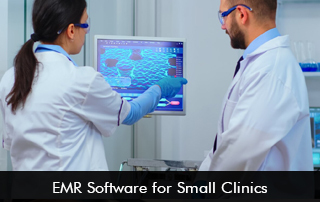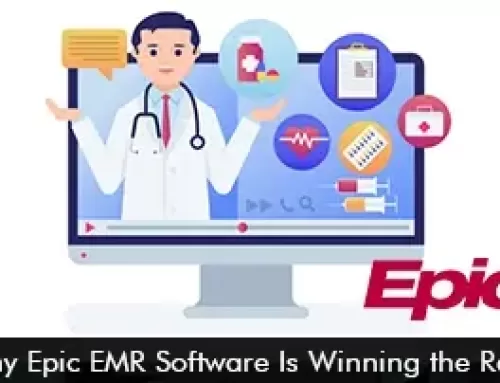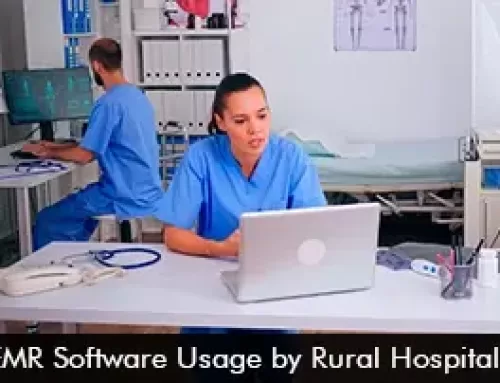Small medical practices face their own unique set of challenges, whether it’s juggling a small team, managing tight budgets, or ensuring patients receive the best possible care. That’s where Electronic Medical Records (EMR) Software designed specifically for these smaller operations comes in handy. It can help simplify things, make documentation smoother, and enhance the overall experience for patients, all without breaking the bank or being too complex to use. Selecting the right EMR Software is a significant decision for practices seeking to grow, remain compliant, and maintain their daily operations efficiently.
EMR Software Key Features for Small Practices
For small practices, having something straightforward, affordable, and able to grow with them is key. The perfect EHR Software should have these features:
- Easy-to-Use Interface: The EMR System should be simple to learn, so users don’t need a lot of training time.
- Scheduling & Billing Integration: The platform should handle appointments, billing, and insurance claims all in one place.
- E-Prescribing (eRx): A fast and secure way to send prescriptions directly to pharmacies.
- Customizable Templates: Templates tailored to different specialties to make charting more efficient.
- Cloud-Based Access: Secure remote access for both providers and their team.
- Patient Portal: Letting patients easily book appointments, check their records, and message their providers through the Patient Portal facility in the EMR Software.
- Compliance Tools: The Electronic Medical Records Software should meet HIPAA, MACRA, and MIPS requirements.
Having these features helps reduce paperwork and allows providers to spend more time caring for patients.
Top 5 EHR Software Vendors for Small Practices
Here are the top 5 EMR Software vendors that are a great fit for small practices in the USA:
Tebra EMR Software
- Why it’s great: This software was specifically built with small, independent practices in mind.
- Features: Tebra includes integrated billing, e-prescribing, telehealth capabilities, and customizable charting.
- Cost: The monthly fee starts at around $125 per provider.
- Bonus: It also offers revenue cycle management (RCM) services.
Athenahealth EHR Software
- Why it’s great: The platform is scalable and cloud-based, plus it comes with strong user support.
- Features: athenahealth EMR Software offers scheduling, patient engagement tools, billing, and analytics.
- Cost: Pricing is based on a percentage of your monthly collections, typically ranging from 4% to 7%.
- Bonus: It has powerful reporting and analytics tools.
DrChrono EMR Software
- Why it’s great: It’s optimized for iPads and is mobile-friendly, giving flexibility to work on the go.
- Features: Users can take advantage of charting, scheduling, e-prescribing, and billing all in one platform.
- Cost: The entry-level plan starts at $199 per provider each month.
- Bonus: DrChrono EHR Software includes an integrated telehealth option.
AdvancedMD EMR Software
- Why it’s great: AdvancedMD EMR Software is a robust system that offers flexible pricing for small practices.
- Features: It includes medical billing, telemedicine, a patient portal, and analytics.
- Cost: For the full EMR + PM suite, it starts around $429 per provider each month.
- Bonus: The modular pricing lets you tailor the solution to your specific needs.
Practice Fusion EHR Software
- Why it’s great: It’s known for being affordable and easy to use.
- Features: It’s a cloud-based EMR with e-prescribing, charting, labs, and imaging integration.
- Cost: Practice Fusion EMR Software is around $149 per provider each month.
- Bonus: Users can try it out for free, and there are no setup costs.
Benefits of EHR Software for Small Practices
Small practices can benefit from using EMR Software. It helps cut down on all that paperwork, boosts billing accuracy, makes sure practices are following the rules, and lets them deliver faster, more personalized care to patients.
With the right Electronic Health Records (EHR) Software system in place, healthcare providers can get real-time patient information, automate and streamline everyday tasks, and run their clinics more efficiently.







